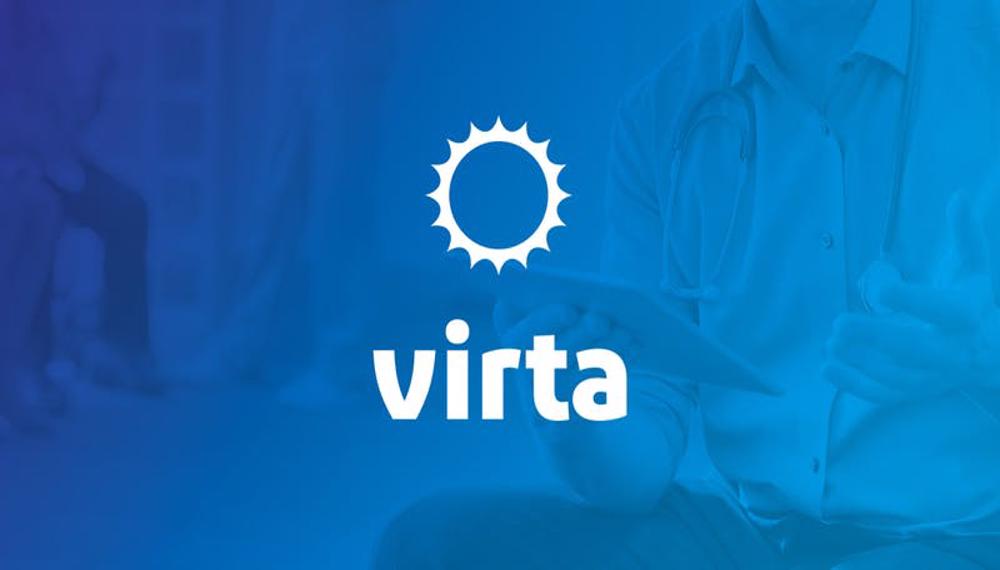



Get new exclusive access to healthcare business reports & breaking news




Following a strong 2019, where it grew its customer base by more than 200 percent, Virta Health, a company that says it has a treatment to sustainably reverse type 2 diabetes (T2D) without medications or surgery, could be looking at an even better 2020, as it announced that it has raised $93 million in a Series C financing.
Virta Health said it will use the money to combat type 2 diabetes. The company said it will also invest in further prospective research to expand its treatment to other diseases.
The fund raise was led by San Francisco-based Caffeinated Capital and includes the participation of key early investors such as Venrock, Obvious Ventures, Creandum, Playground Global and SciFi VC, a prepared statement said.
“This latest funding is validation for the consistency and durability of our health and economic outcomes in both clinical trial and commercial patients. We can now invest more into growth to help millions of people living with type 2 diabetes, while also investing in product and research to address other diseases,” said Sami Inkinen, Virta Health’s co-founder and Chief Executive Officer.
With the latest fundraising, Virta Health has so far raised $166 million in equity funding. In 2018, the company raised $45 million in a Series B financing.
Following the financing round, the company added six advisors.
“The health outcomes Virta delivers for people with type 2 diabetes are unmatched in the absence of medications or surgery, and particularly noteworthy for the level of control achieved while eliminating medications. What is even more exciting is that Virta’s care delivery model has transformational potential for a variety of conditions beyond diabetes,” one of the new advisors, Alan Moses, a former Senior Vice President and Global Chief Medical Officer of Novo Nordisk, said.
The company says its treatment and novel approach to delivering provider-led remote care is uniquely suited to improve and even resolve a variety of cardiometabolic conditions.
It said its novel approach was ideal, as existing approaches to treating type 2 diabetes over the past decade had not improved population-level treatment outcomes. To corroborate this, the company uses a study published by JAMA Internal Medicine in August 2019, which concludes that “advances in diabetes care over the past decade have not translated into meaningful improvement in population-level treatment outcomes” between 2005 and 2016.
Virta Health uses a specialized technology-enabled continuous remote care model with individualized guidance for achieving nutritional ketosis.
According to CNBC, Virta offers people with type 2 diabetes access to its virtual coaches. The coaches seek to wean the customers of medication by changing their lifestyles, with particular emphasis on nutrition. Coaches particularly emphasize the need to reduce carbohydrates intake to a small portion per day.
The dLife website further explained that Virta’s treatment is based on nutritional ketosis. The company stands by principles that if people change their food choices to eat fewer carbohydrates and more healthy fats, it will help people with diabetes to control their blood glucose levels and recover their metabolic health.
Virta Health, a licensed medical provider in all 50 states, has arrangements with some large employers like US Foods, as well as a number of health plans. The company says can save these large companies more than $9,000 per patient in the first 24 months by helping them avoid paying for expensive diabetes medications, it was reported.
The Centers for Disease Control and Prevention estimate that at least 9.4 percent of the U.S. population or 30.3 million people have diabetes. A total of 23.1 million have been diagnosed with the disease while 7.9 million are undiagnosed. This creates an estimated $400 billion economic burden.
The International Diabetes Federation estimates that 425 million people have diabetes worldwide.
In a report published in 2018, the American Diabetes Association said the population diagnosed with diabetes grew by 700,000 people annually between 2012 and 2015, with prevalence projected to continue rising over time as the population grows and ages.
As more people are diagnosed with diabetes, it is estimated that by 2022, the digital diabetes market will reach $742 million.